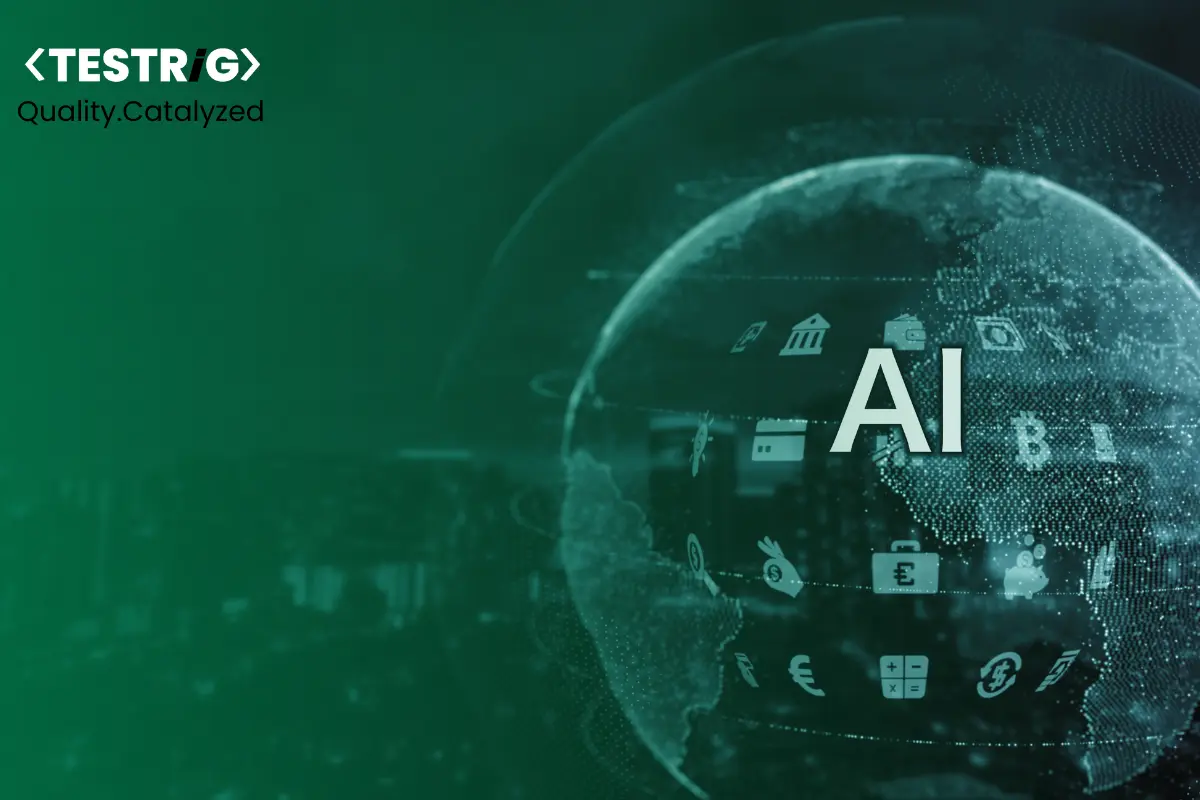
As AI transforms how we interact with the web, traditional automation tools are hitting fundamental scalability limits. Enter Web Automation with Playwright MCP Server – a game-changing architecture that redefines what’s possible in AI-driven browser automation.
This isn’t just another proxy server or load balancer. MCP Server represents a paradigm shift in how we orchestrate browser instances, enabling true real-time AI decision-making at unprecedented scale. Let’s dissect why these matters.
What is Playwright MCP Server?
The Playwright MCP (Model-Context Protocol) Server is an open-source solution built to empower AI agents to control browsers intelligently using the Playwright automation framework. It’s not just about running browser actions—it’s about enabling AI to understand, navigate, and manipulate the web like a human tester.
Think of it as an API layer over the browser, allowing AI models like OpenAI’s GPT, Claude, or HuggingFace agents to interact with the DOM using structured data rather than raw screenshots or HTML dumps.
Why Current AI Automation Stumbles (And How MCP Fixes It)
Most AI automation today suffers from three critical flaws:
1. The Cold Start Problem
- Traditional frameworks require spinning up new browser instances for each task
- AI models waste precious milliseconds waiting for environments to initialize
- MCP Solution: Maintains persistent browser sessions for reduced startup latency and faster AI-bot
2. The State Synchronization Challenge
- Distributed AI workers struggle with consistent DOM state
- Race conditions plague multi-agent systems
- MCP Solution: Atomic transaction model with built-in state versioning
3. The Resource Wall
- Local machine limitations cap AI potential
- Cloud solutions introduce network latency
- MCP Solution: Hybrid edge-cloud deployment with intelligent resource allocation
MCP Server’s Breakthrough Architecture
The Connection Mesh
Unlike traditional client-server models, MCP establishes persistent WebSocket connections between AI clients and the server to stream structured DOM updates and receive action instructions. where:
- Each AI agent maintains stateful connections
- Browser instances become addressable resources
- Traffic routing follows AI priority queues
[AI Orchestrator]
│ │ │
▼ ▼ ▼
[MCP Gateway]—[Docker Swarm/K8s]
│ │ │
▼ ▼ ▼
[Browser Pods]
The Execution Pipeline
1. AI Inference Phase
AI agents receive structured, accessibility-based DOM snapshots NLP models extract intent from the AI input and map it to browser operations
2. Intent Compilation
Transforms high-level intents from AI models into Playwright-compatible actions, executing them sequentially or in optimized batches for performance.
3. Atomic Execution
Transactional operations with automatic rollback
Real-time performance telemetry fed back to AI
Hands-On Setup: Web Automation with Playwright MCP Server
1.Install the MCP Server
npm i @playwright/mcp
2. Run the Server
Once installed, start the server to spin up a browser controlled via the MCP protocol.
npx @playwright/mcp
3. Connect an AI Agent
AI agents such as OpenAI’s GPT-based bots, Claude, or custom LLMs can connect to the MCP server via WebSocket. These agents must convert high-level intents into structured MCP-compatible JSON commands.
The server processes the instruction, renders the page in a headless browser, and returns a success message with the output.
Five Cutting-Edge Use Cases Enabled by MCP
1. Adaptive Anti-Bot Evasion Systems
- AI continuously analyzes fingerprinting attempts
- Dynamically rotates browser profiles and network characteristics
- In internal tests, MCP-enabled agents showed significantly higher success rates in anti-bot scenarios, reduced redundant form iterations, and enabled more efficient browser resource utilization.
2. Self-Learning Form Automation
- Reinforcement learning models optimize form paths
- MCP’s state persistence enables multi-session training
3. Real-Time Competitive Intelligence
- 500+ concurrent price monitoring sessions
- AI detects and adapts to layout changes in <200ms
- In benchmarked workloads involving concurrent price monitoring and shared browser pods, MCP’s container-based pooling reduced per-session compute costs by up to 60–65% compared to traditional stateless Playwright jobs.
4. Cognitive Testing Systems
- AI generates test cases by observing real user sessions
- MCP enables deterministic replay of flaky tests
- Cuts QA cycle time from days to hours
5. Autonomous Web Research Agents
- LLM-driven agents that navigate complex workflows
- MCP maintains session continuity across domains
- Agents have successfully completed complex workflows involving 10–15 sequential steps, including multi-page navigation, form interaction, and state-dependent logic.
Final Thoughts
The Playwright MCP Server isn’t just an experimental project—it’s paving the future of autonomous testing and intelligent web automation. As teams push toward more human-like AI agents, this server becomes the critical link between human language and browser behavior.
Testrig Technologies is a leading QA and automation testing company that helps organizations integrate cutting-edge tools like Playwright MCP into their testing workflows. Whether you’re building AI-driven testing solutions or need help setting up automated pipelines, we’ve got you covered.



